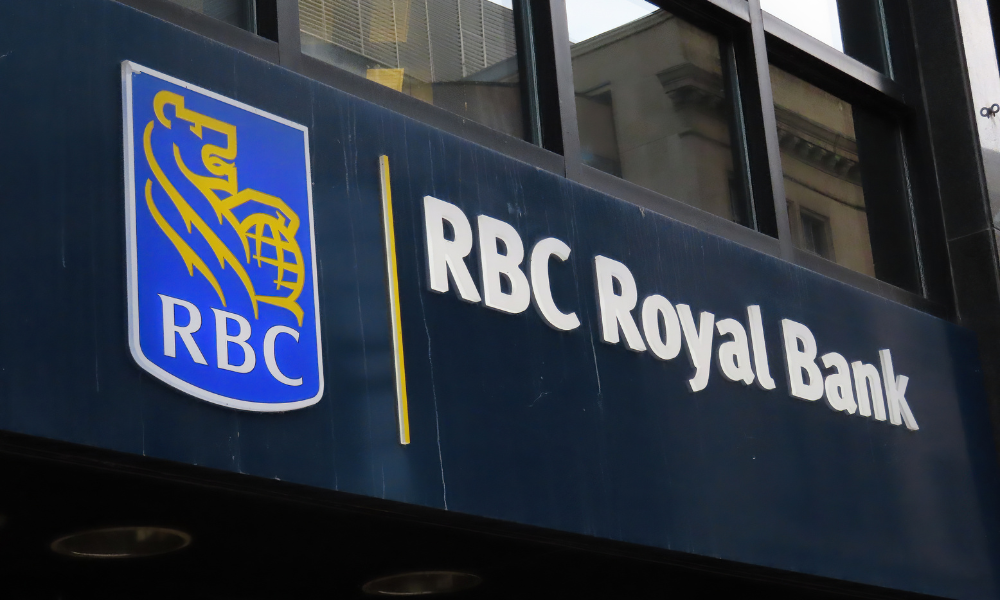How are new trade policies reshaping finance?

Royal Bank of Canada chief executive Dave McKay has indicated that the bank is prepared to navigate near-term economic headwinds despite uncertainty stemming from new tariffs.
Speaking at RBC’s investor day, McKay acknowledged a softening across some business segments but maintained confidence in the bank’s positioning. He noted that while lower interest rates have created some relief, increased uncertainty from tariffs is weighing on businesses and employment.
“Commercial client sentiment has weakened as companies in some sectors are deferring investments until they have greater certainty on tariff impacts to their businesses,” McKay said.
His comments follow US president Donald Trump’s recent executive order imposing a 25% tariff on auto imports starting next week. The Canadian Press noted that the decision has raised concerns about cross-border supply chains and the broader Canadian economy.
McKay emphasized the need for Canada to rally around a long-term economic strategy aimed at enhancing competition and prosperity. He said that this is the moment to unite the country behind a long-term economic agenda that boosts competition and drives prosperity.
Other Canadian banks are also adjusting strategies to respond to the impact of tariffs. The Bank of Montreal (BMO) has changed mortgage policies for clients in the steel and aluminum industries, sectors directly affected by US trade measures. BMO has reduced the total debt service ratio for these borrowers to help manage financial risks associated with the trade conflict.
Meanwhile, the Bank of Canada has expressed concerns over the trade war’s broader economic impact, with Governor Tiff Macklem noting that ongoing trade policy fluctuations make accurate economic forecasting difficult. The central bank is considering shifting to a range-based economic projection model in response.
Analysts warn that prolonged tariffs could lead to stagflation, characterized by slowed growth and rising inflation. S&P Global Ratings projected that if broad-based 25% tariffs persist, Canada’s GDP growth could deviate by as much as 1.3% from previous forecasts.
In response to US tariffs, Canadian officials have implemented countermeasures, including a 25% tariff on electricity exports to the US. Ontario premier Doug Ford stated that this could affect approximately 1.5 million homes in states such as Michigan, New York, and Minnesota.
How do you think US tariffs will impact Canada’s banking sector? Share your insights in the comments below.



